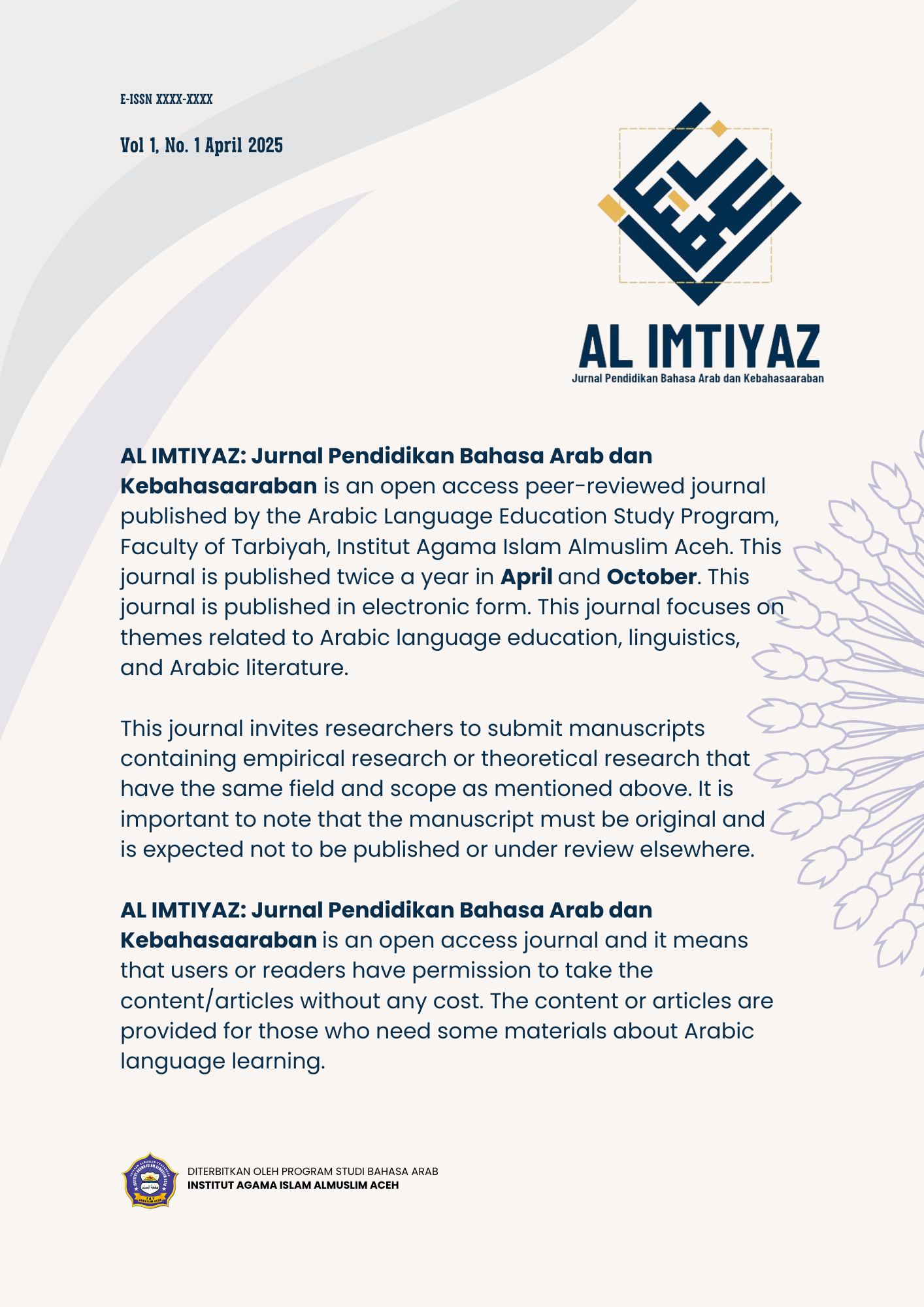PEKERJA ASIA DI TIMUR TENGAH: REPRESENTASI DALAM KARYA SASTRA ARAB MODERN
Keywords:
Arabic Literature, Asian Workers, Representation Stuart HallAbstract
Based on data, every year tens of thousands of Asian immigrants come to Middle Eastern countries, especially to the Gulf region to work, both as laborers and employees. So it is not surprising that there is a stigma on Asians who come to the country with various pros and cons. These images can be found in many works of Arabic literature. This study aims to analyze the representation of Asian workers in the Middle East in modern Arabic literary works. The research method used is qualitative with a descriptive-analytical approach. The research data was obtained from three works of modern Arabic literature that were selected based on the criteria of feasibility and relevance to the research topic. Data collection techniques are carried out by literature study and data analysis techniques using content analysis. The theory used in this study is a review of Stuart Hall's identity as a theoretical framework. Identity theory is used to analyze how social, cultural, religious, and traditional views influence the perspective of Asian workers' identities in the Middle East and how it is represented in modern Arabic literary works. The results show that the representation of Asian workers in the Middle East in modern Arabic literary works covers various aspects of identity, such as migration, economy, ethnicity, and social class. In addition, there is also a difference in representation between male and female workers.Metrics
Metrics Loading ...
Downloads
Published
30-04-2025
Issue
Section
Articles
License
Copyright (c) 2025 NDR. Ayu Nurdiana & Nurulhuda binti Mohd Azizi

This work is licensed under a Creative Commons Attribution 4.0 International License.
How to Cite
PEKERJA ASIA DI TIMUR TENGAH: REPRESENTASI DALAM KARYA SASTRA ARAB MODERN (NDR. Ayu Nurdiana & Nurulhuda binti Mohd Azizi , Trans.). (2025). AL IMTIYAZ: Arabic Linguistics and International Methodology for the Tarbiyah of Arabic Journal, 3(1), 19-34. https://ejournal.iai-almuslimaceh.ac.id/index.php/IMTIYAZ/article/view/208















